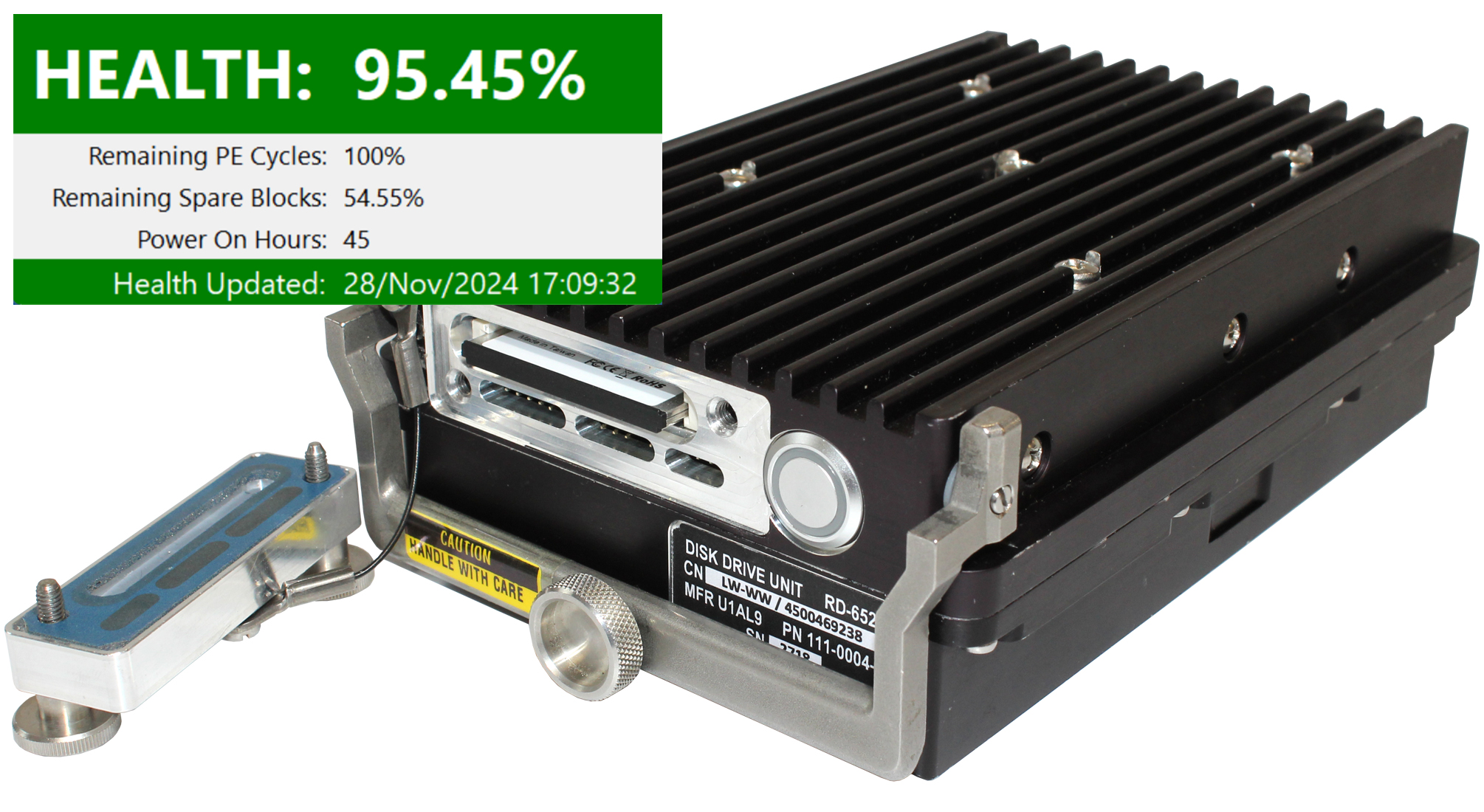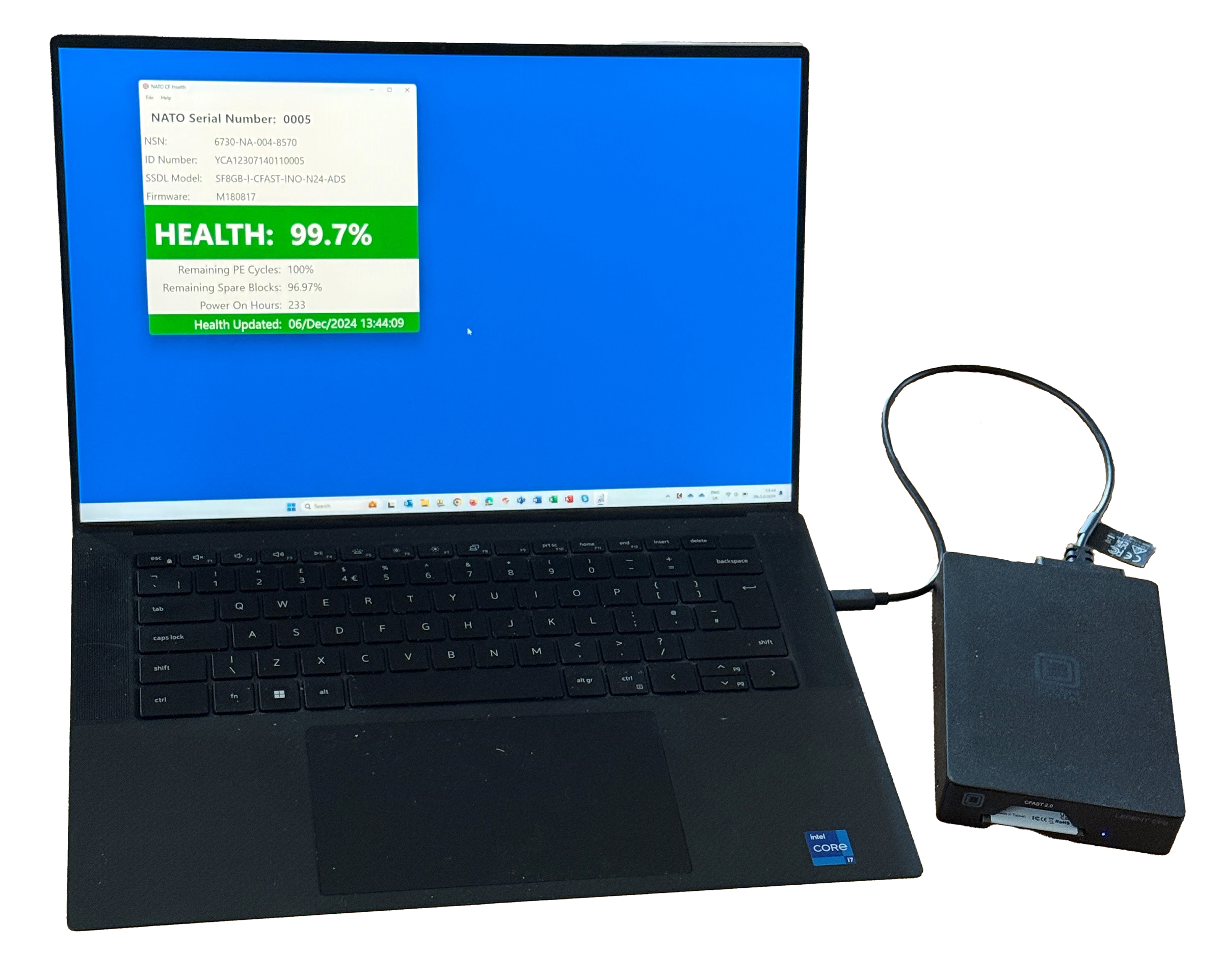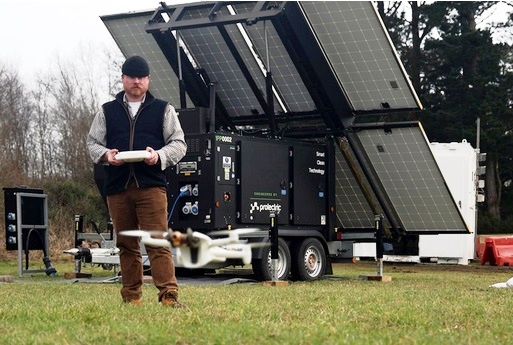SSDL to supply NATO with health monitoring software

Image courtesy SSDL
Whereas the original AWACS RMAs used electromechanical hard disk drives (HDDs), that were more than 20 years old and no longer produced, the new RMAs (supplied by SSDL) use removable NAND-based CFast cards for data storage.
Brian McSloy, SSDL’s Chief Technology Officer, said: “Although solid-state memory is inherently more reliable than rotating disk technology it will eventually fail, largely as a result of memory wear. Specifically, NAND memory will only support a finite number of Program-Erase, or PE, cycles.”
The software to be supplied to NAEW&CF is Windows-based and will monitor the number of PE cycles executed as well as the number of remaining spare blocks. These contribute to an overall percentage, with 100% denoting healthiest.

Card health is also denoted through a colour scheme the software’s GUI uses, with green indicating healthiest. As the card’s remaining life shortens the GUI’s colour changes, with amber reflecting wear but that no immediate action is required. Red indicates that the monitoring frequency should be increased and that a replacement card procured. Black warns the user that the card has either failed or is about to.
Brian said: “Helping prolong the life of the CFast cards is the fact that they employ single-level cell NAND Flash technology. This means up to 100,000 Program-Erase cycles should be possible. The cards we supply err on the side of caution though and we state up to 60,000 PE cycles. However, for important applications it is wise not to be overly reliant on theoretical or even advised PE cycle limits, and our software enables users to retire wearing cards in plenty of time.”
The CFast health monitoring software developed by SSDL builds on self-monitoring, analysis and reporting technology (SMART) that was developed for computer HDDs in the 1980s and which was subsequently expanded to cater for solid-state disks (SSDs) and their failure modes.
Brian said: “The monitoring software we developed for NATO provides a view into the health of the solid-state memory that the operator never had with their old HDD-based RMAs. Also, our software can be repurposed and made user-bespoke for many other high security applications in which solid-state memory is relied upon.”











